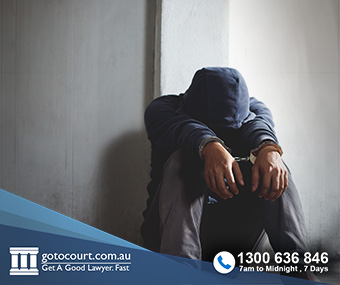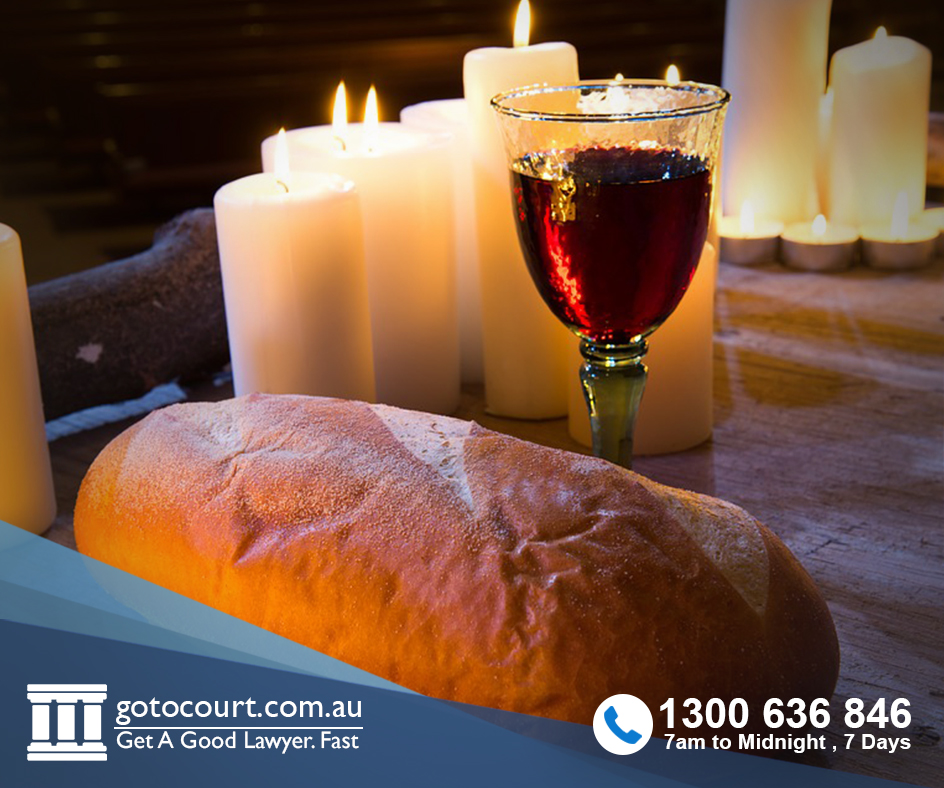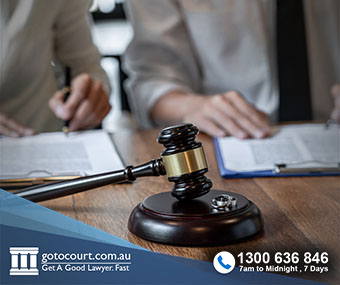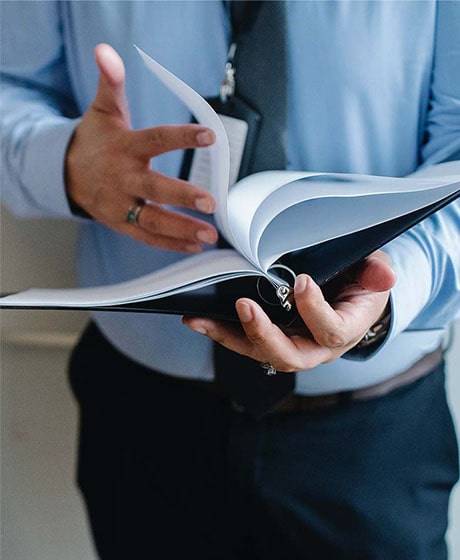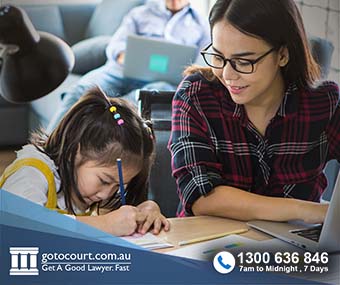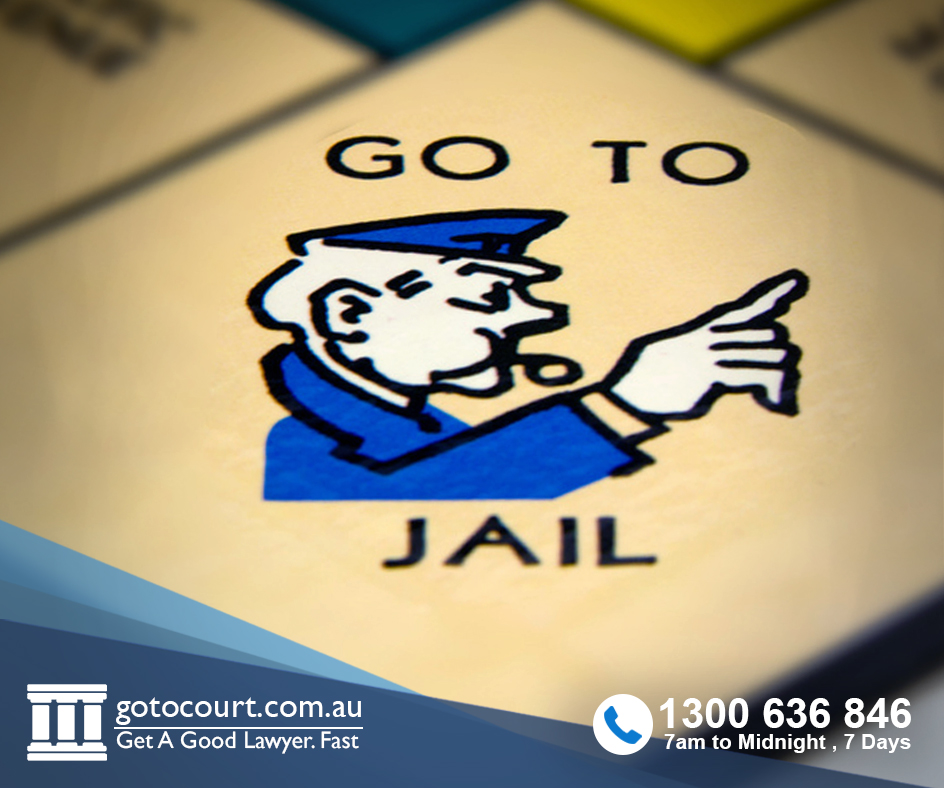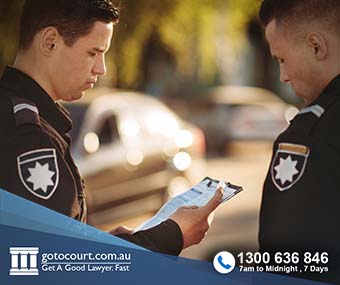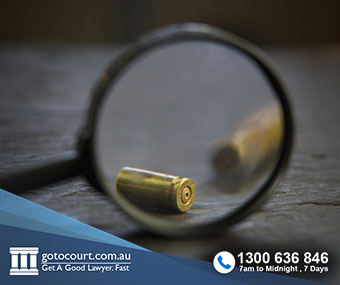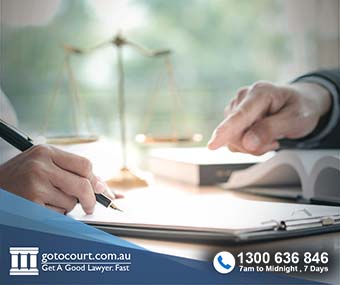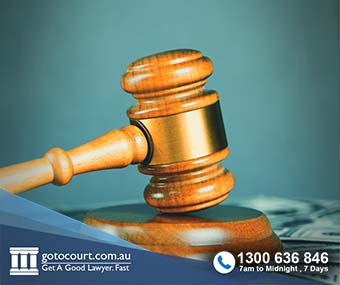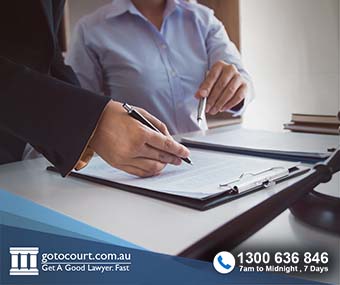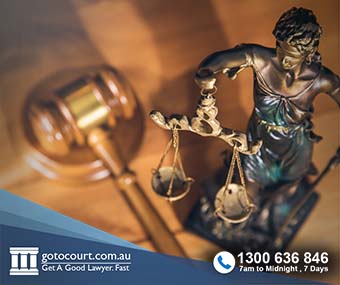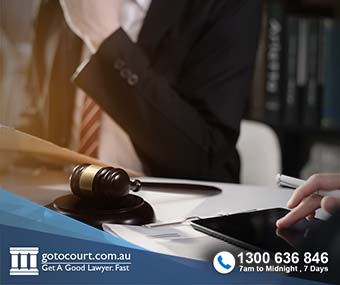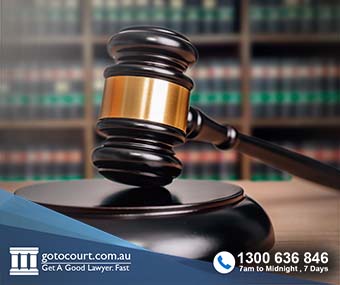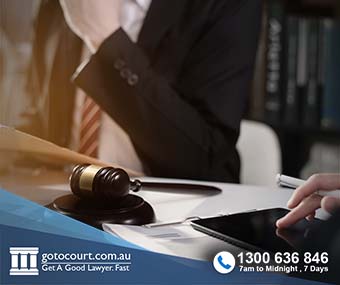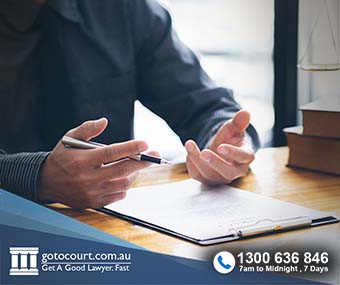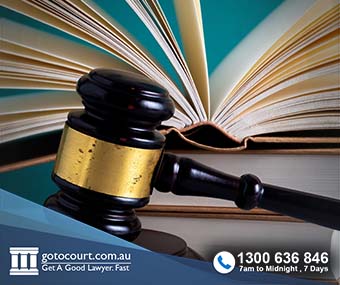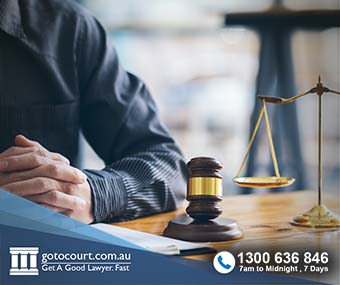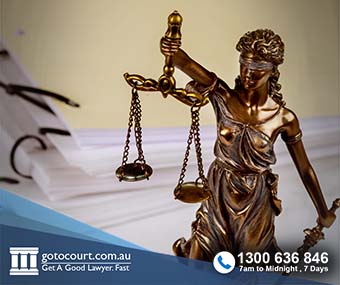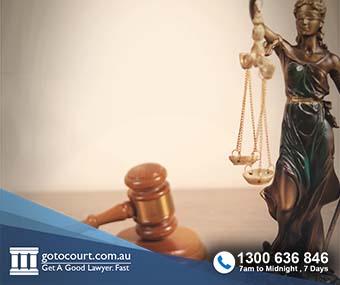Summary Offences (NSW)
Summary Offences (NSW)
Summary offences are minor offences that are heard in the Local Court. The maximum penalty that can be imposed for any single summary offence is imprisonment for two years, though many summary offences carry a penalty of a fine only. Summary offences include offences contained in the Summary Offences Act 1988, such as offensive conduct and indecent exposure, as well as traffic offences, drink driving and minor drug offences.
Some indictable offences can also be heard summarily (in the Local Court) if the defence and prosecution agree to this. Summary offences are dealt with much more quickly and with less formality than indictable offences, which much be dealt with in the District Court or the Supreme Court.
Summary offences are generally prosecuted by the police rather than by the Department of Public Prosecutions.
Summons or arrest
When a person is charged with a summary offence, they are generally summonsed to appear before the Local Court. If a person does not present to court in answer to a summons, a warrant will generally issue for their arrest.
In some circumstances, a person may be arrested and brought before a court in relation to summary offences. However, this usually only occurs where the person has also been charged with indictable offences.
Entering a plea
When an accused attends court in relation to a summary offence, they have the opportunity to finalise the matter by pleading guilty and proceeding to sentence or to adjourn the matter to seek legal advice and prepare their case.
If the accused pleads guilty, they will be sentenced by a magistrate. The sentence may be a fine, a good behaviour bond, a community-based order, a period of imprisonment or a combination of these orders.
If the accused wants to plead not guilty, they will need to come back to court at least two more times, to attend a contest mention and then a contested hearing. The brief of evidence will be provided by the prosecution and reviewed by the accused or their lawyer.
If the matter is going to proceed to a contested hearing, the court will be informed of how many witnesses will be giving evidence and how long the hearing is expected to take. It should also be informed of any practical issues, such as the need for interpreters or for a witness to give evidence by video-link.
Summary Offences Act
Offences under the Summary Offences Act 1988 can only be dealt with in the Local Court (for adults) and in the Children’s Court (for those under 18). Summary offences are less serious than indictable offences but can still result in a term of imprisonment and a criminal conviction, which generally remains on the offender’s record for life. In some circumstances, it may be possible to obtain a Section 10 dismissal or conditional release order after being found guilty of a summary offence, meaning that no criminal conviction is recorded.
Offences contained in the Summary Offences Act include offensive language, obstructing traffic, possession of liquor by minors and failing to comply with a search by a correctional officer.
Domestic Violence
Section 14 of the Crimes (Domestic and Personal Violence) Act 2007 makes it a summary offence to contravene an apprehended violence order. This offence carries a maximum penalty of two years imprisonment.
There are many other offences relating to domestic violence, such as assault and sexual assault, which are indictable offences and which carry much longer periods of imprisonment when dealt with in the higher courts.
Driving offences
Offences under the Road Transport Act 2013 are summary offences. These include offences like drink driving, failing to stop after an accident, speeding and dangerous driving. Some of these offences can be dealt with by way of an infringement notice, rather than by a court. Many driving offences attract periods of licence suspension as well as fines and periods of imprisonment.
Drug offences
Offences under Part 2 Division 1 of the Drug Misuse and Trafficking Act 1985 are summary offences. These include possession of prohibited drugs, self-administration of prohibited drugs, sale and supply of ice pipes and possession of equipment for the administration of drugs.
These offences are punishable by a maximum fine of 20 penalty units or a term of imprisonment of up to two years.
Electoral offences
Summary offences also exist under the Electoral Act 2017. These include failing to vote, obstructing access to a voting centre, electoral bribery and multiple voting.
These offences are punishable by fine only.
If you require legal advice or representation in a summary offences matter or in any other legal matter, please contact Go To Court Lawyers.

Affordable Lawyers
Our Go To Court Lawyers will assist you in all areas of law. We specialise in providing legal advice urgently – at the time when you need it most. If you need a lawyer right now, today, we can help you – no matter where you are in Australia.How It Works




1. You speak directly to a lawyer
When you call the Go To Court Legal Hotline, you will be connected directly to a lawyer, every time.

2. Get your legal situation assessed
We determine the best way forward in your legal matter, free of charge. If you want to go ahead and book a face-to-face appointment, we will connect you with a specialist in your local area.

3. We arrange everything as needed
If you want to go ahead and book a fact-to-face appointment, we will connect you with a specialist in your local area no matter where you are and even at very short notice.

